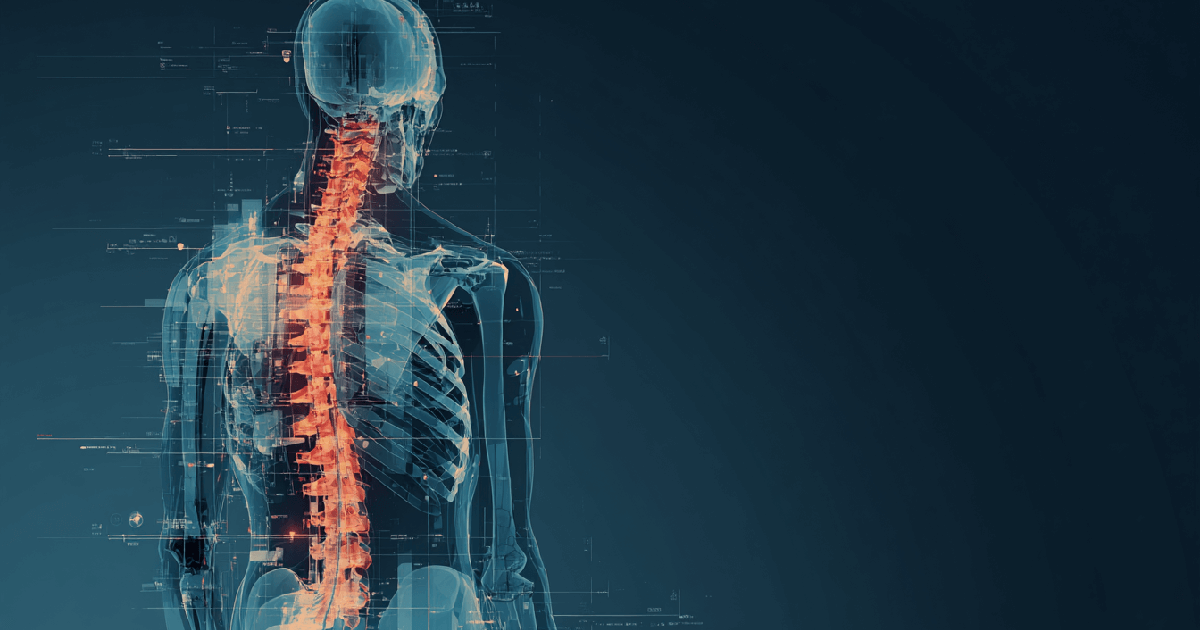What Are Back and Neck Injuries?

Back and neck injuries refer to damage affecting the spine, muscles, ligaments, or nerves in these regions, often resulting from accidents, falls, or physical trauma. These injuries can cause chronic pain, mobility issues, and long-term disability.
What are common causes of back and neck injuries?
Back and neck injuries are frequently caused by sudden impacts, repetitive strain, or degenerative conditions. They are common in personal injury cases involving car accidents, workplace incidents, and slip-and-fall accidents.
- Car accidents – Whiplash and spinal injuries occur due to sudden force.
- Slip and falls – Hard falls can cause herniated discs or fractures.
- Workplace injuries – Heavy lifting and repetitive strain can lead to chronic pain.
- Sports injuries – High-impact sports can result in muscle strains and vertebral damage.
What are the types of back and neck injuries?
Back and neck injuries range in severity, from mild strains to severe spinal cord damage. Some of the most common include:
- Whiplash – Soft tissue damage caused by rapid neck movement, often in car accidents.
- Herniated disc – A spinal disc rupture that presses on nerves, causing pain and numbness.
- Fractured vertebrae – Broken bones in the spine, which may require surgery.
- Spinal cord injuries – Severe trauma that can lead to paralysis or long-term disability.
How are back and neck injuries treated?
Treatment varies depending on the severity of the injury and may include medical intervention, physical therapy, or surgery.
- Rest and medication – Pain relievers and anti-inflammatory drugs can reduce discomfort.
- Physical therapy – Strengthens muscles and improves mobility.
- Chiropractic care – Non-invasive spinal adjustments for pain relief.
- Surgery – Required in severe cases, such as spinal cord injuries or fractures.
Conclusion
Back and neck injuries can have serious consequences, impacting mobility, daily life, and earning potential. Seeking prompt medical attention and legal guidance can help victims recover physically and financially.
What are back and neck injuries?
Back and neck injuries refer to damage affecting the spine, muscles, ligaments, or nerves in these regions, often caused by accidents, falls, or repetitive strain. These injuries can range from mild muscle strains to severe spinal cord damage, leading to chronic pain, limited mobility, and long-term disability.
Can back and neck injuries worsen over time?
Yes, untreated back and neck injuries can worsen over time. Conditions like herniated discs, whiplash, and spinal misalignment may lead to chronic pain, nerve damage, or mobility issues if not properly managed. Seeking early medical treatment can help prevent long-term complications.
Are back and neck injuries always visible on X-rays or MRIs?
Not always. While fractures and severe spinal injuries are visible on X-rays or MRIs, conditions like whiplash, soft tissue injuries, and nerve damage may not appear on standard imaging. Doctors may rely on physical exams, patient symptoms, and additional tests like CT scans or nerve conduction studies for diagnosis.
Can I file a personal injury claim for a back or neck injury?
Yes, if your back or neck injury was caused by someone else’s negligence, you may be entitled to compensation. Common cases include car accidents, workplace injuries, and slip-and-fall incidents. A personal injury claim can help recover costs for medical bills, lost wages, and pain and suffering.
Featured Articles
-
Glossary
What is Doctrine of Avoidable Consequences?
What is Doctrine of Avoidable Consequences? What is the doctrine of avoidable consequences in personal injury law?The doctrine of avoidable consequences is a legal.
-
Glossary
What is Independent Medical Examination?
What is Independent Medical Examination? What is an independent medical examination in personal injury law?An independent medical examination (IME) is a medical evaluation requested by.
-
Glossary
What is Collateral Estoppel?
What is Res Judicata? What is collateral estoppel in personal injury law?Collateral estoppel, also known as “issue preclusion,” is a legal rule that prevents.
Explore our Contributors
Discover Next
Insights from Experts
Learn from industry experts about key cases, the business of law, and more insights that shape the future of trial law.







